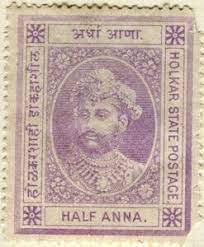World Press Freedom Day is observed annually on May 3rd. It's a day designated by the United Nations to celebrate the fundamental principles of press freedom, raise awareness about the importance of a free and independent media, and pay tribute to journalists around the world who risk their lives to report the news.
World Press Freedom Day serves as a reminder of the crucial role that journalists play in promoting transparency, accountability, and democracy. It highlights the importance of protecting press freedom as a fundamental human right and a cornerstone of democratic societies.
On World Press Freedom Day, various events, conferences, and seminars are organized worldwide to discuss press freedom issues, advocate for the safety of journalists, and address challenges facing the media industry, such as censorship, harassment, and threats to journalists' safety.
The day also provides an opportunity to recognize the contributions of journalists in uncovering truth, exposing corruption, and holding those in power accountable. It's a time to reaffirm the commitment to defending press freedom and ensuring that journalists can work without fear of reprisal or persecution.
World Press Freedom Day serves as a reminder that a free and independent press is essential for democracy, human rights, and the advancement of societies around the world.









